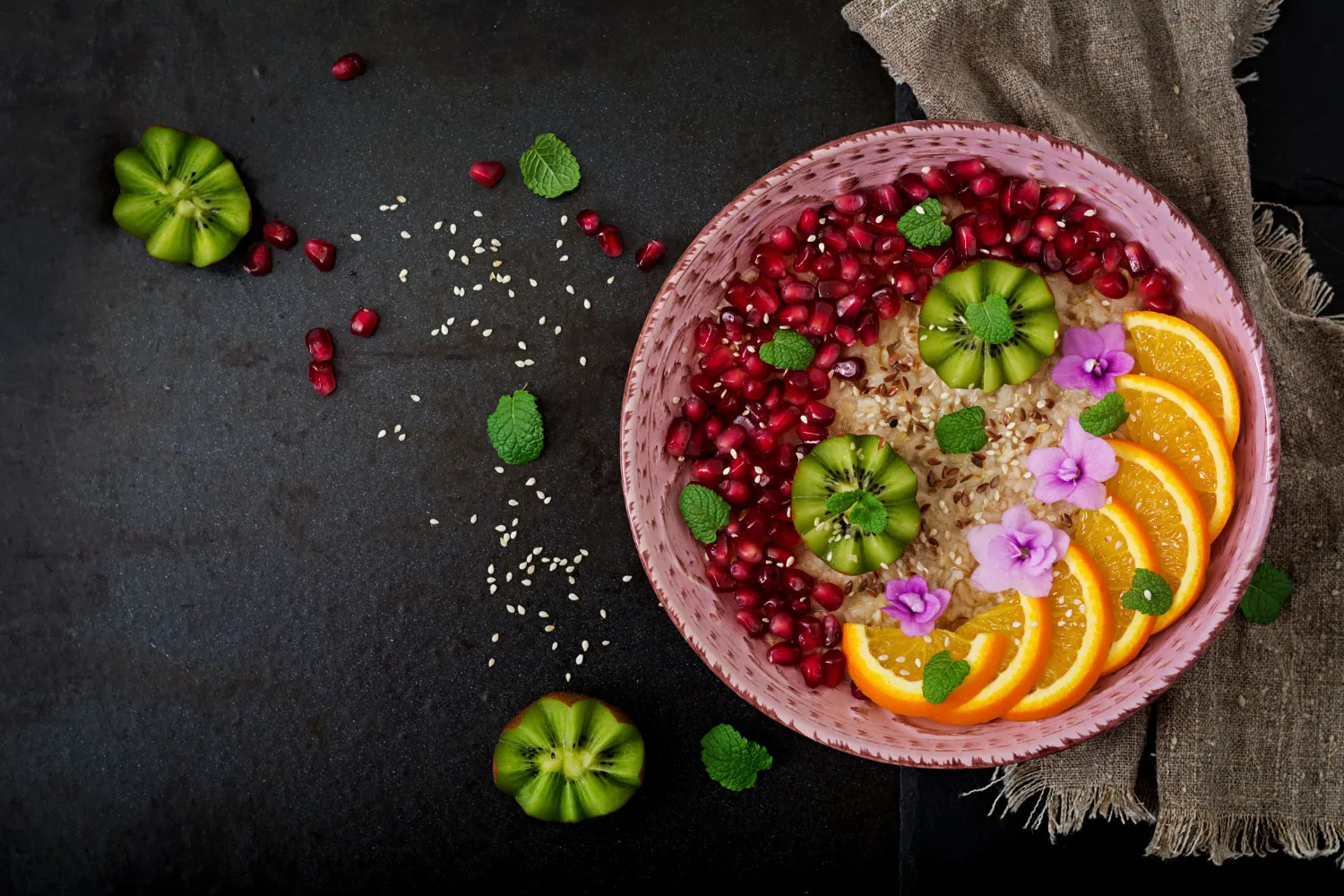In a world full of fast food and processed snacks, maintaining a nutritious diet can feel overwhelming. But small, consistent changes like incorporating a few nutrient-rich ingredients into your meals can make a continuing difference. That’s where superfoods to eat every day come in.
Superfoods are whole foods naturally rich in essential nutrients such as vitamins, minerals, fiber, and antioxidants. They support the immune system, protect against chronic diseases, and fuel your body with sustained energy. The best part is that you don’t need to follow a strict plan or search for exotic ingredients. Many superfoods are already in your local grocery store or even your kitchen.
In this article, we’ll explore what makes a food a “superfood,” why these foods matter, and which ones you can start enjoying daily for long-term health benefits.
What Are Superfoods?
Superfoods are not a separate food group, but rather nutrient-dense options that offer powerful health benefits with every bite. According to health research, these foods support overall wellness by delivering:
- Antioxidants that fight inflammation and oxidative stress
- Fiber to support digestion and gut health
- Healthy fats for heart and brain function
- Vitamins and minerals are essential for cellular repair and immunity
Regularly eating a variety of these foods helps your body work more efficiently and stay protected from illness over time.
Why Should You Eat Them Daily?
Incorporating superfoods to eat every day into your diet isn’t about short-term results. It’s about providing your body with consistent nourishment that helps you:
- Maintain energy throughout the day
- Support a healthy weight
- Reduce the risk of chronic conditions like heart disease and diabetes
- Boost mental clarity and focus
- Improve skin, hair, and digestive health
Studies suggest that long-term consumption of nutrient-dense whole foods contributes to a healthier, more resilient body and mind.
8 Superfoods to Eat Every Day

Here are eight easy-to-find superfoods that can be included in your meals regularly, no complicated recipes or rare ingredients required.
1. Leafy Greens
Spinach, kale, collards, and arugula are packed with vitamins A, C, and K, plus fiber and calcium.
- Why it matters: Helps support bone health, immunity, and digestion.
- How to enjoy: Add to salads, smoothies, soups, or sautéed as a side.
2. Berries
Blueberries, strawberries, raspberries, and blackberries are rich in antioxidants and fiber.
- Why it matters: Supports brain health and reduces inflammation.
- How to enjoy: Top your yogurt, oatmeal, or eat fresh as a snack.
3. Nuts and Seeds
Almonds, walnuts, chia seeds, and flaxseeds provide protein, omega-3 fats, and magnesium.
- Why it matters: Supports heart health and brain function.
- How to enjoy: Add to smoothies, oatmeal, or eat a small handful as a snack.
4. Oats
Whole oats are an excellent source of fiber, particularly beta-glucan, which is known to help lower cholesterol.
- Why it matters: Supports digestive health and heart function.
- How to enjoy: Cook for breakfast or use as a base for healthy baked goods.
5. Greek Yogurt
Rich in probiotics, calcium, and protein, Greek yogurt promotes gut health and supports muscle repair.
- Why it matters: Aids in digestion and helps maintain strong bones.
- How to enjoy: Pair with berries and seeds for a balanced snack.
6. Avocados
Avocados are loaded with heart-healthy monounsaturated fats, potassium, and fiber.
- Why it matters: Supports cardiovascular health and provides long-lasting energy.
- How to enjoy: Spread on toast, blend into smoothies, or add to salads.
7. Eggs
Eggs offer high-quality protein, vitamin B12, choline, and other essential nutrients.
- Why it matters: Supports brain health, eye health, and muscle strength.
- How to enjoy: Boil, scramble, or poach for any meal of the day.
8. Beans and Legumes
Lentils, chickpeas, black beans, and kidney beans are rich in fiber, plant-based protein, and iron.
- Why it matters: Supports digestive regularity and helps stabilize blood sugar.
- How to enjoy: Add to soups, salads, or use as a protein base in meals.
When to Make Dietary Adjustments
While superfoods to eat every day are a great starting point, it’s essential to listen to your body. Consider consulting a healthcare professional or registered dietitian if you experience:
- Unexplained fatigue or digestive discomfort
- Food sensitivities or allergies
- Difficulty maintaining a balanced diet
Experts can offer personalized guidance tailored to your health goals and nutritional needs.
FAQs
Can I eat the same superfoods every day?
Yes, but variety is essential. Try to rotate different options weekly to ensure a wider nutrient intake.
Are superfoods expensive or hard to find?
Many are affordable and readily available in grocery stores. Focus on fresh, seasonal, and whole-food options.
Do I need supplements if I eat these superfoods daily?
Not necessarily. Whole foods provide nutrients in their most bioavailable form. Supplements may only be needed if you have specific deficiencies.
Conclusion
Incorporating superfoods to eat every day into your routine is a simple way to fuel your body with what it truly needs. These everyday ingredients offer powerful benefits from improved digestion and heart health to stronger immunity and sustained energy.
Start by adding one or two of these nutrient-packed foods to your daily meals. Over time, these small choices can lead to long-term health and vitality. Your plate has the power to be your most excellent tool for wellness.

